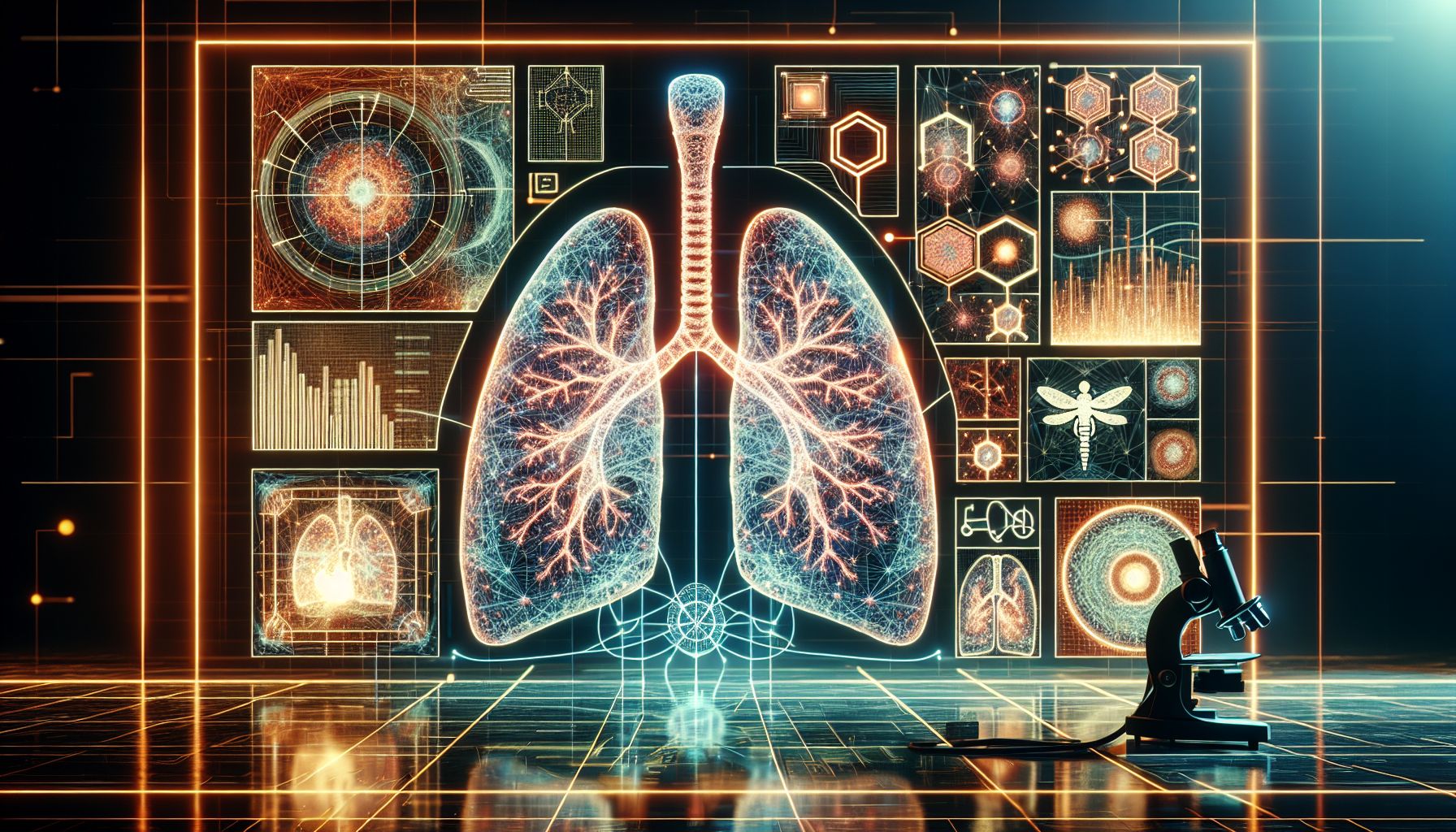Amsterdam UMC Develops AI to Detect Lung Cancer Months Earlier

Amsterdam, Wednesday, 23 April 2025.
An AI algorithm from Amsterdam UMC helps identify lung cancer risks up to four months earlier, improving patient outcomes significantly by enabling timely interventions.
Breakthrough in Early Detection
In a significant advancement for healthcare technology, researchers at Amsterdam UMC have developed an innovative AI algorithm that analyzes patient medical records to identify potential lung cancer cases up to four months earlier than current methods [1]. The study, published on April 22, 2025, in the British Journal of General Practice, examined data from 525,526 patients across four academic GP networks in Amsterdam, Utrecht, and Groningen, with 2,386 confirmed lung cancer cases [1].
Technical Implementation and Impact
The algorithm’s sophistication lies in its ability to analyze both structured and unstructured data within general practitioners’ records, including free-text entries, to detect predictive signals in patients’ medical histories [1]. Professor Martijn Schut, who leads the Translational Artificial Intelligence team at Amsterdam UMC, explains that this comprehensive analysis enables earlier identification of at-risk patients during routine consultations [1]. The potential impact is substantial, as current statistics show that 80% of patients diagnosed in advanced stages (3 or 4) typically survive less than a year [1].
Recognition and Future Prospects
The innovation has already garnered attention in the medical community, with key team member Dr. Steven Wang receiving the prestigious Bradley Stuart Beller Endowed Merit Award at ASCO 2025 for his contributions to clinical research and improving cancer outcomes [3][5]. While the results are promising, the research team acknowledges that the method requires validation across different countries and healthcare systems [1]. The potential impact is significant, as the algorithm could enable earlier referral for 62% of lung cancer patients [1].
Clinical Significance
Emeritus Professor of General Practice Henk van Weert emphasizes the critical nature of early detection, noting that even a four-week advancement in diagnosis can significantly impact patient prognosis [1]. This four-month early warning system represents a potentially transformative advancement in lung cancer care [1]. The implementation of this AI tool aligns with broader efforts to leverage technology in improving patient outcomes, particularly in complex diseases where early intervention is crucial [GPT].

